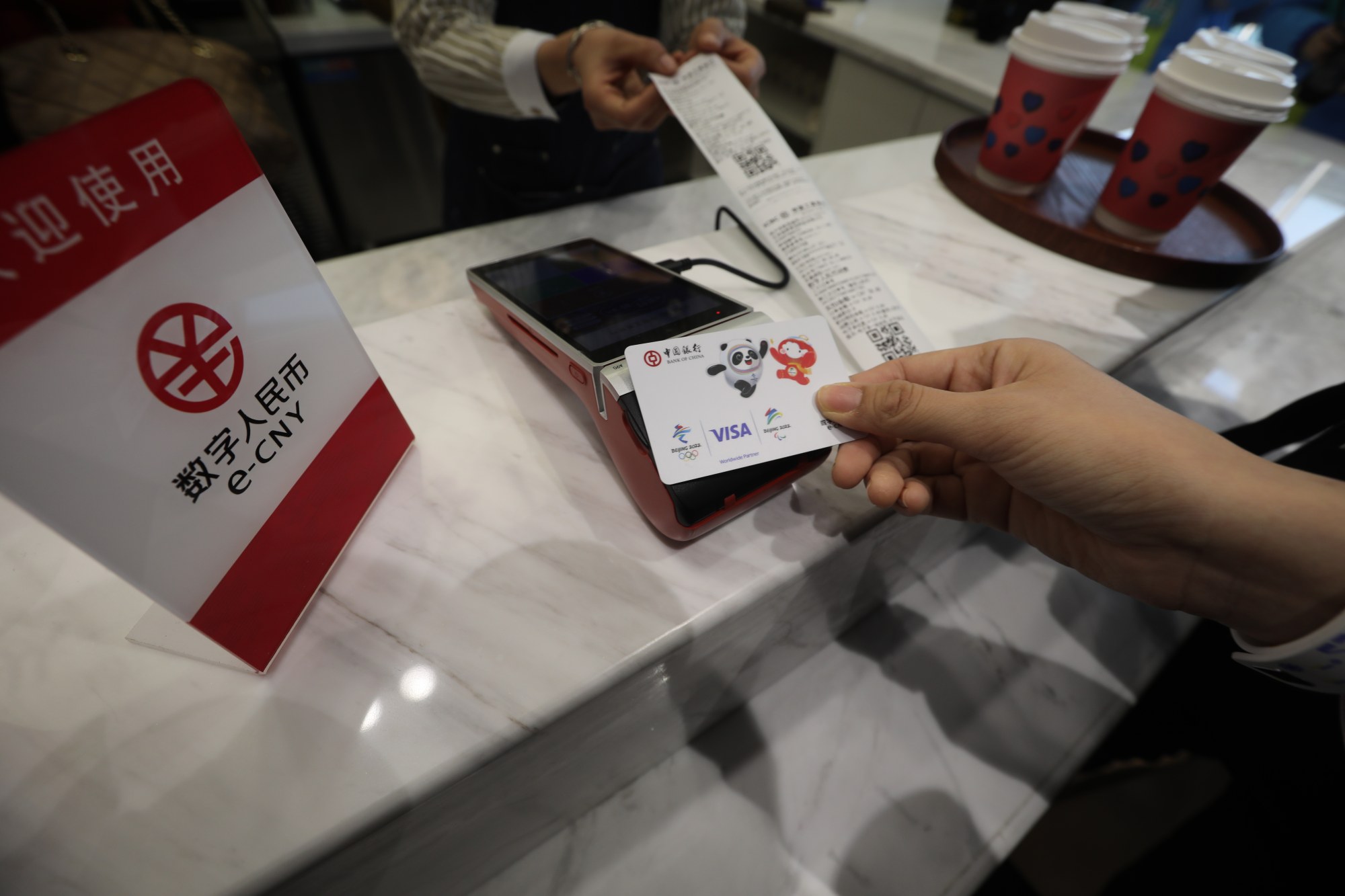
How Chinese advances in technology, from 5G and cloud computing to the e-yuan, power Beijing Winter Paralympic Games
- Advances in 5G mobile communications, China’s digital currency and cloud infrastructure services help anchor Beijing’s latest Olympic hosting duties
- China supported the development and launch of 212 relevant hi-tech advances for the recent Winter Olympic Games and this month’s Paralympics
That followed a years-long campaign by China’s Ministry of Science and Technology to promote a “technological Olympics”, as it supported the development and launch of 212 relevant hi-tech advances – involving more than 10,000 researchers across 500 institutions – for the recent Winter Olympic Games and this month’s Paralympics.

That infrastructure expansion has paid off for the Beijing Winter Olympic and Paralympic Games, as all 87 sporting venues in host cities Beijing and Zhangjiakou, in northwestern Hebei province, have 5G connectivity.
That “makes game data transmission fast and stable”, the nation’s Ministry of Industry and Information Technology said in late February. Compared with 4G, new 5G networks are designed to provide faster data rates, ultra-low latency, energy savings, cost reductions, higher system capacity and massive device connectivity.
While there was no breakdown of use among international attendees last month, Mu Changchun, head of the PBOC’s digital currency research institute, said it seemed “all the foreign users are using hardware wallets”, while Chinese were using software wallets.
All the merchants within the Olympic venues, designated hotels and hospitals accept the digital currency as payment. Worldwide Olympic partner Visa is another payment option at those locations, while popular Chinese mobile payment apps WeChat Pay and Alipay are not available.

The Winter Olympics and Paralympics have become ideal test environments for the e-CNY because the sporting events are held in a closed-loop system, in which athletes and visitors are separated from the public.
The e-CNY app allows users to register with phone numbers of “nearly a hundred participating countries”.
Two Nikkei Asia reporters from Japan recently tried to open up a digital yuan wallet, but found that the app could only be installed in a smartphone that uses a Chinese mobile carrier. So they bought instead a prepaid e-CNY card, which can be used to pay by swiping the card on a point-of-sale device that supports the digital currency.
At the end of December, the e-CNY had 261 million unique users, accepted by more than 8 million merchants and used in transactions totalling 87.6 billion yuan.
Cloud computing services enable companies to buy, sell, lease or distribute over the internet a range of software and other digital resources as an on-demand service, just like electricity from a power grid.
More than 20 broadcast organisations receive ultra high-definition or high-definition signals via Live Cloud, according to Alibaba. The system also embeds a multi-camera replay system for freeze-frame slow motion replays.
Before the Winter Olympic Games opened, an underwater torch relay between two robots was completed and a self-driving car developed by tech giant Baidu took part on an 800-metre-long relay. For the Paralympics, smart power stations have been deployed to charge electric wheelchairs.


